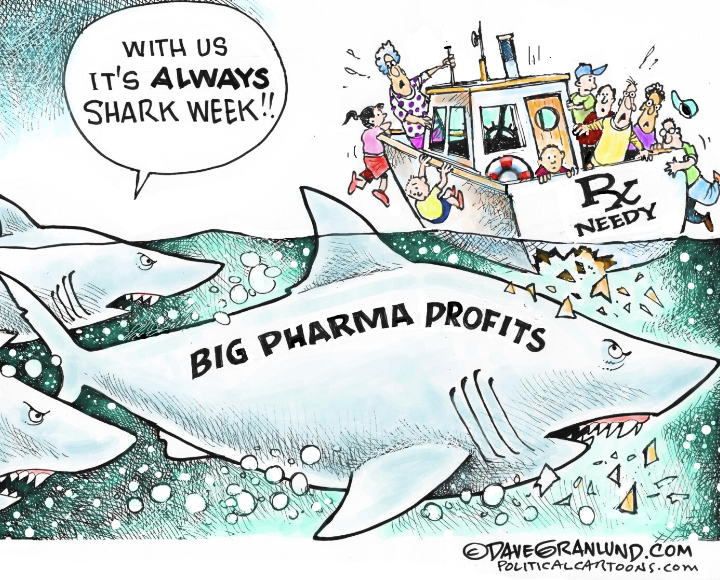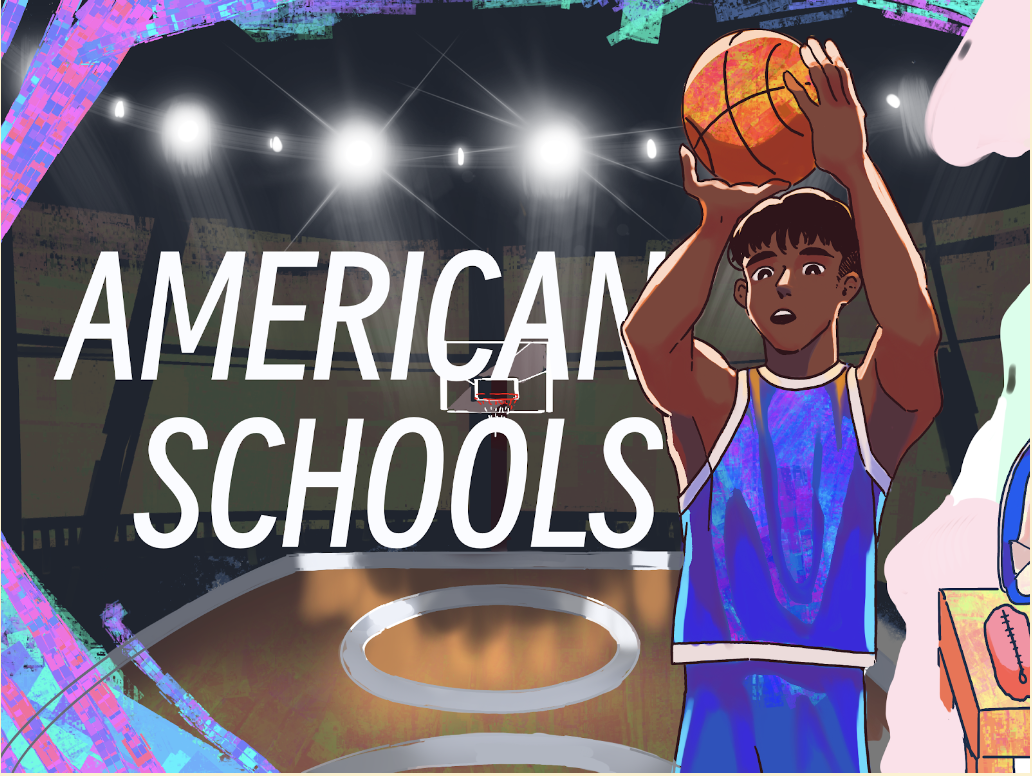Pros/Cons: No D Policy Doesn’t Have A Negative Effect On IHS Sports
(Right) Senior Ilyssa Padrid laments over her lost position on the tennis team because of her NC in Culinary Arts.
[column width=”47%” padding=”6%”]
Pro
“I’s” make us stronger and smarter
One of the most unique things at Irvington High School is the “I/NC” grading scale instead of the normal D/F. This year, the football team is undermanned, a fact shown by the morning announcements asking for students to join. However, all athletes must maintain passing grades—C’s or better in every class in order to participate in sports. In contrast, some high schools only require students to maintain D’s. Students are questioning the unfairness in these policies. Take a closer look. These rules do not negatively effect sports participation. In fact, I’s and NC’s allow football players to build a sense of discipline and toughness.
Irvington’s strange grading system was designed to give students a second chance, not to make life tougher for them. For example, almost all teachers offer contracts for students receiving an I. Most contracts take only a few weeks of manageable work, which can be finished during the three months of summer vacation. Upon completion, students are rewarded with a C-, allowing them to participate in athletics with a higher grade than their counterparts from other schools. This alone gives IHS football players an advantage over schools which require C’s for all athletes. Besides, I’s and NC’s have been around forever; they can’t suddenly cause a drop in sports participation.
Perhaps there are some other reasons to explain our sports dilemma. One thing to consider is the new coaches. Players may be less comfortable practicing with a coach they don’t know too well. Coach-player conflicts may have thinned down this year’s roster.
Another cause for the lack of players may be the economic situation. Only recently have we begun to climb out of the recession. More students may need to help their families. With both parents busy at work, athletes may not be able to get a ride to and from practice every day.
A wide variety of explanations exist, but the I/NC policy is clearly not one of them. Instead of discouraging sports participation, I’s actually give athletes a chance to improve their attitude—both in academics and in sports.
When students are failing a class, it is an indication that they are slacking off. In other words, they don’t have the discipline or patience to do their homework. Everyone is “smart” enough to do well in a class. Similarly, sports like football also demand a large amount of discipline and hard work for success. Students can apply good studying habits to good workouts in the gym. By setting slightly higher academic standards for athletes, the Irvington administration is helping to build this important quality. Thanks guys.
[/column]
[column width=”47%” padding=”0″]
Con
There is no “I” in team…or NC for that matter
Have you heard the morning announcements at school lately? If you haven’t, here’s the scoop: the football team is in desperate need of players. There is currently no freshman/sophomore and the influx of students each year is offering less and less players to the junior varsity and varsity teams.
The reason for the decrease in the number of sports participants isn’t because people are losing interest in sports or because of new coaches. The real reason is because academics are getting tougher and Irvington’s no I/NC policy is tightening the grip around the necks of athletes.
Some people believe that the policy is being used as a scapegoat for the players’ inability to keep up with their coursework. There is the argument that if a student is responsible they can balance their grades with their extracurricular activities. However, it’s wrong to assume that all players can be successful at both if they simply try. Often times, the best athletes are those who are so driven in what they do, that they spend more time in practice than at their desk. And who is to say that their dream of becoming an athlete should come second to being an A-student in calculus? The choice should be left for the individual to decide where their passion lies.
Mission San Jose High School, among hundreds of other high schools throughout the nation, follows this philosophy. All students are eligible to participate in sports, regardless of whether they’re passing or not. Let me make it clear that I’m not advocating we completely disregard academics altogether and step foot onto the field. However, there needs to be more leeway for students. Irvington should adopt a policy similar to Mission where athletes are required to maintain a 2.0 GPA or higher to engage in sports. So, if you’re not so hot in mathematics, you don’t have to pack away your racket or helmet forever.
And aren’t athletes doing their school a service by representing the student body through playing? Ask yourself this—what’s the point of Spirit Week? The whole objective of filling the courtyard with cardboard and wood and counting numerous ballots for a popularity contest is to make people enthusiastic. And why exactly are we hyping up the student body? The answer is the Homecoming football game. Needless to say, without adequate athletes who are necessary to win a football game, our endeavors would become meaningless. School spirit thrives on sports participation.
And for those of you who don’t see the value of sports participation at all and are wondering about what all of the fuss is about over football, wrestling, volleyball and other sports, remember this: grades aren’t the only things that matter. There’s an unexplainable uniting force that sports can cast over a group of people. Sports are what unite diverse individuals under a common goal. If you put restrictions on who may or may not participate, then you’re eliminating that diversity that is quintessential in unifying our school.
[/column]












